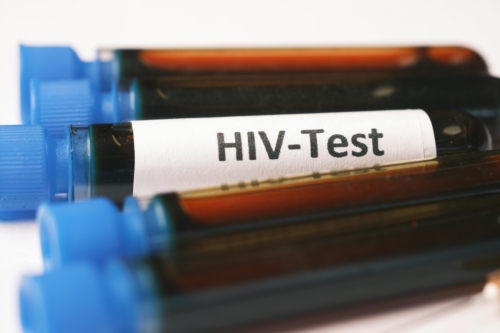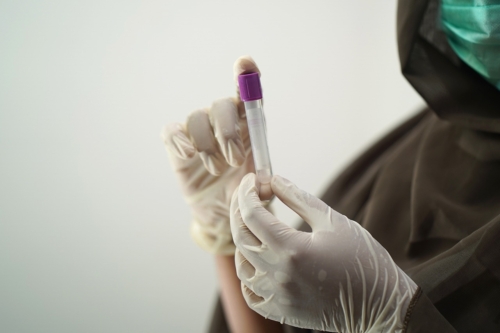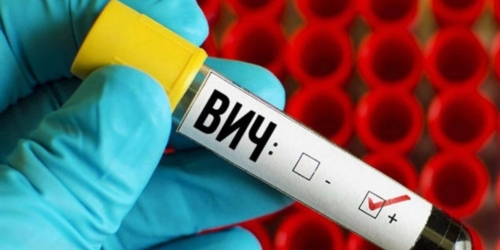Sussex Police Officers in Aids scare
A wanted man bit three police officers before telling them: “I’ve got Aids.”
They now face an agonising wait to find out if they have contracted the HIV virus which causes the deadly syndrome.
Senior police condemned the attack, which came during a routine call to find a man reported to have failed to appear in court.
Sussex Police said the man drew blood from each officer when he bit them on the arms and legs.
They have now been told they must wait several weeks before having blood tests to show if they have caught the HIV virus, which causes Aids.
The officers called at the man’s home in Priory Street, Lewes, at about 10.15pm on Wednesday.
They were investigating reports of a man who had failed to turn up for a court hearing in Bournemouth.
When they arrived they were attacked. One was kicked four times before being bitten on the arm. Another was bitten three times on the arm and another was headbutted and bitten on the leg.
They used pepper spray and batons to defend themselves and restrain him.
The man has been returned to court at Bournemouth.
Each of the victims was given anti-Aids drugs – and spent the next 24 hours being sick because of heavy side effects. They are all due to return to hospital for blood tests in six weeks’ time.
Doctors have to give the HIV virus time to show itself in the body before they can say whether the officers have caught it.
A sample of the man’s blood has also been taken to find out whether he has HIV.
Chief Superintendent Robin Smith, head of the East Sussex division of Sussex Police, said: “This goes to show what police officers and, to a degree, police staff can face while doing the job of keeping the community safe.
“These are members of my team who have been injured.
“It is sickening that people choose to bite police officers and suggest they have anything that could be contagious.
“These three officers now have a very anxious time ahead and so have their families and their colleagues.”
Chief Inspector Natalie Carron, commander of Sussex Police’s Lewes District, said: “I would condemn any attack on a police officer who is going about their business.
“Where there is a suggestion that a person might have infectious diseases, clearly that has the potential to add an incredible amount of stress to a police officer who has been affected.
“We have got excellent welfare facilities to give officers support in circumstances such as this.”





Editorial comment
A 19 year-old man from Lewes in Sussex who bit two police officers whilst telling them he had AIDS, and who pleaded guilty to two counts of assault causing actual bodily harm and one count of assaulting a police officer, has been jailed for eight months by a judge at Brighton Crown Court.
According to a brief report in The Argus, it is unclear whether the man was, in fact, HIV-positive. Instead, the story focuses on the ‘harm’ of Post Exposure Prophylaxis (PEP) that the two police officers took following the incident.
An earlier story about the incident in The Argus also overplays the risks of HIV transmission from a bite.
A 1998 scientific journal article examining the relationship between risk, fear and HIV transmission among police in the United States highlighted:
It then estimates the actual risks of transmission based on the kinds of exposures that police come across in the course of their work:
A 2007 CDC Factsheet on HIV and transmission risks notes that although transmission is possible, it is extremely unlikely.
Transmission via oral sex is considered much more likely and yet PEP is not offered to people for whom oral sex is their only admitted transmission risk.
What is required, then, is better education for the police to understand that their risks of HIV transmission whilst going about their business are so low as not to require PEP.